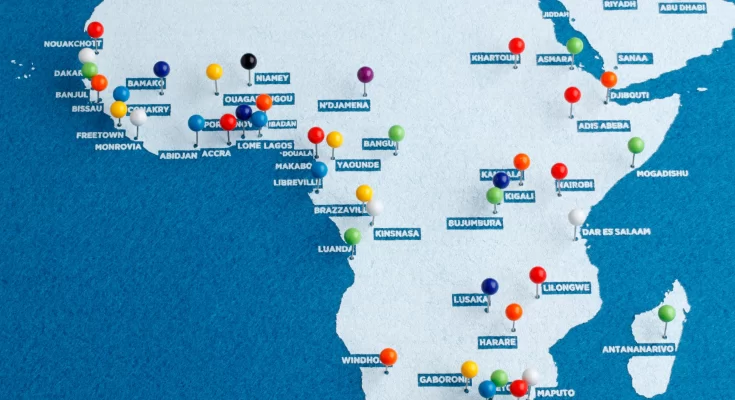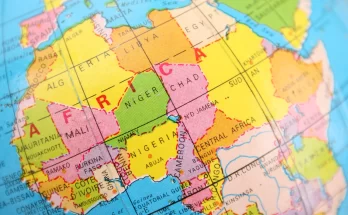The need for the adoption of innovations to enhance the intercontinental tax approach has been reiterated to the AfCFTA’s members.
Members of the African Continental Free Trade Area (AfCFTA) were recently charged with the task of using innovative ways to generate domestic tax revenue to tackle tariff shortfalls that will happen in the earlier stages of the execution of the initiative.
This was included in a speech read by the Deputy Minister of Finance in charge of Revenue, Abena Osei-Asare, on behalf of the Minister of Finance, Ken Ofori-Atta, at the seventh African Tax Research Network (ATRN) annual congress which started in Accra on the 5th of September, 2022.
The 3-day congress, arranged by the Ghana Revenue Authority (GRA), in partnership with the African Tax Administration Forum (ATAF), is on the theme: “Tax and revenue implication of AfCFTA”.
It was stated that to address this challenge, the focus should be placed on new streams of domestic tax-related revenue, such as Digital Service Tax (DTS), Environmental Tax, Value Added Tax (VAT) on electronic commerce, and taxation of high net worth individuals.
Countries must also make efforts to industrialize the economies of member states to generate more domestic revenue.
The congress entertained representatives from 36 African states, which included tax administrators, researchers, experts, and academia, who are brainstorming on the revenue implications of AfCFTA to member states.
AfCFTA : Revenue mobilization
According to the Finance Minister, the government’s digitalization plan would provide unified and harmonized data for dissection by the revenue authority to get more people in the informal sector into the tax net.
He said intra-African exports, as a percentage of total African exports, were calculated to be about 21% in 2021, a number which he said was relatively low, compared to levels in Europe, which are 69%; Asia, 59%, and North America, 31%.
The World Bank also stated that real income gains from the full execution of AfCFTA would grow by 7%.
AfCFTA is arguably the largest trade bloc of member-states, being a single market initiative serving the entire African continent with a total population of 1.3 billion, with a combined projected GDP of almost US$3 trillion.
ATAF’s perspective
The Commissioner-General of the GRA, Rev. Dr. Ammishaddai Owusu-Amoah, called on ATAF, the AfCFTA Secretariat, and the African Union (AU) to engage more to protect revenues.
He also stressed on the significance of information sharing and the use of technology to curb duplication of efforts and enable the exposure of fraud and tax evasion.
According to the Executive Secretary of ATAF, Logan Wort, the AU’s Agenda 2063 framework proposed that about 70% of its developmental goals would be financed through domestic resource mobilization (DRM), especially tax revenues.
He also mentioned that ATAF had recently experienced a higher increase in demand for technical assistance in sectors such as customs, trade, business analytics, data analysis, digitalization, as well as simplification of tax processes.




